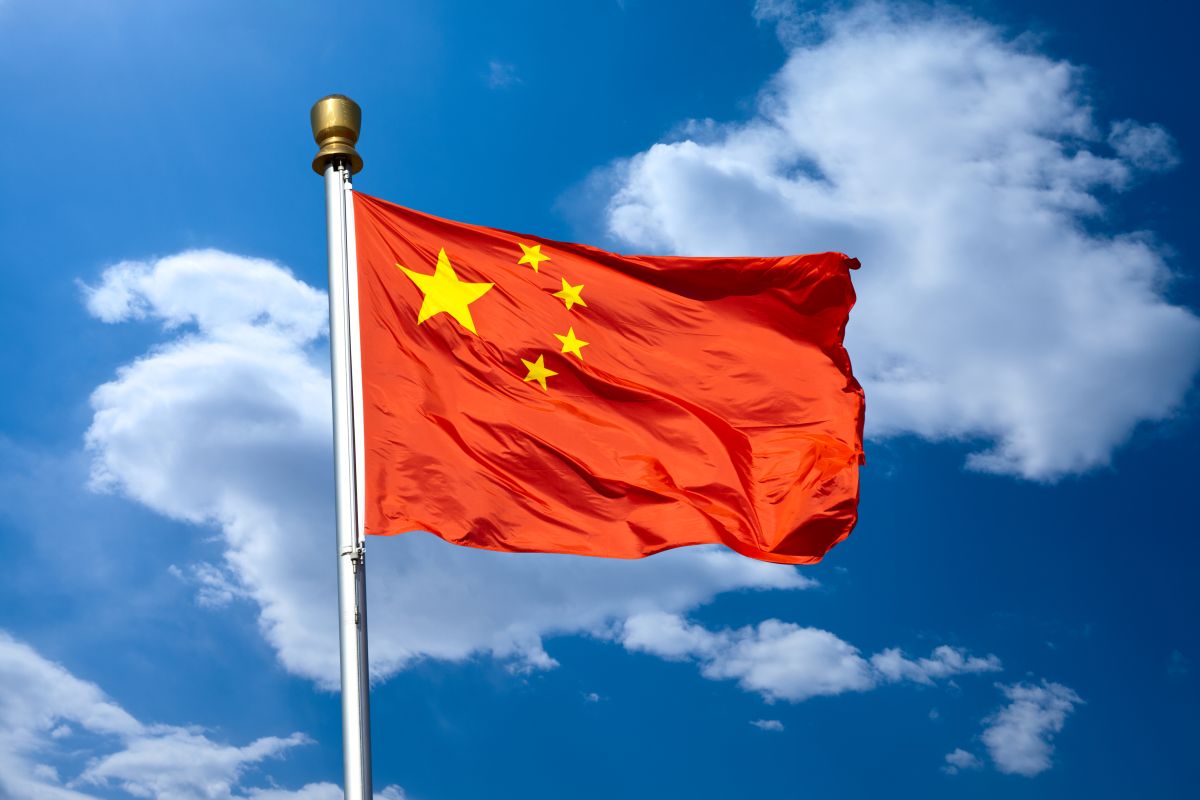China has requested permission for its scientific research vessel, the Shi Yan 6, to dock in Sri Lanka. This comes after concerns were raised by India regarding the presence of a Chinese research vessel, Yuan Wang 5, in Sri Lanka last year. The Shi Yan 6 is described as a vessel that conducts oceanography, marine geology, and marine ecology tests. China’s request for its research vessel to dock in Sri Lanka is likely viewed through the lens of its broader maritime interests. China has been investing heavily in maritime infrastructure, including ports and shipping lanes, as part of its Belt and Road Initiative (BRI). The Hambantota port, which is run by China under a long-term lease, is one such example.
These ports serve China’s trade interests and offer strategic advantages by providing access and influence along critical shipping routes. India’s concerns about the presence of Chinese vessels in the region, especially those with potential dual-use capabilities like the Yuan Wang 5 that specialises in spacecraft tracking, stem from its own security interests. The proximity of Sri Lanka to India’s southern coast makes it a crucial factor in India’s maritime security calculations. India has been wary of any activities that it perceives as potentially compromising its security or giving China a strategic advantage in the Indian Ocean. India is certain to view Shi Yan 6 as capable of potential military activities. Of concern to New Delhi would be Sri Lanka’s financial restructuring efforts which are significantly dependent on China’s support. China holds around 52 per cent of Sri Lanka’s external debt. This level of indebtedness has made China a crucial partner for Sri Lanka in managing its financial challenges. China’s financial assistance and investments have been important for Sri Lanka’s infrastructure development and economic growth.
Advertisement
However, this dependence on Chinese funding and loans has also raised concerns about Sri Lanka’s ability to maintain its sovereignty and make independent decisions. Given this economic reliance on China, Sri Lanka’s decision on China’s request to dock the Shi Yan 6 research vessel could potentially be influenced by their financial situation. Sri Lanka may consider factors such as the continuation of Chinese support, potential investments and economic aid in its decision-making process. There might be concerns that refusing China’s request could strain their economic relationship, potentially impacting future financial assistance and investments.
It is clear that Sri Lanka will have to embark on a delicate balancing act. Colombo would also consider its relationships with other regional powers, especially India, and the broader geopolitical implications of allowing Chinese vessels to dock in their ports. It’s possible that Sri Lanka will weigh its economic dependence on China against its need to maintain good relations with other countries and ensure its own security and strategic interests. But a critical question must be asked and answered ~ just how much of the ocean does China want to study









